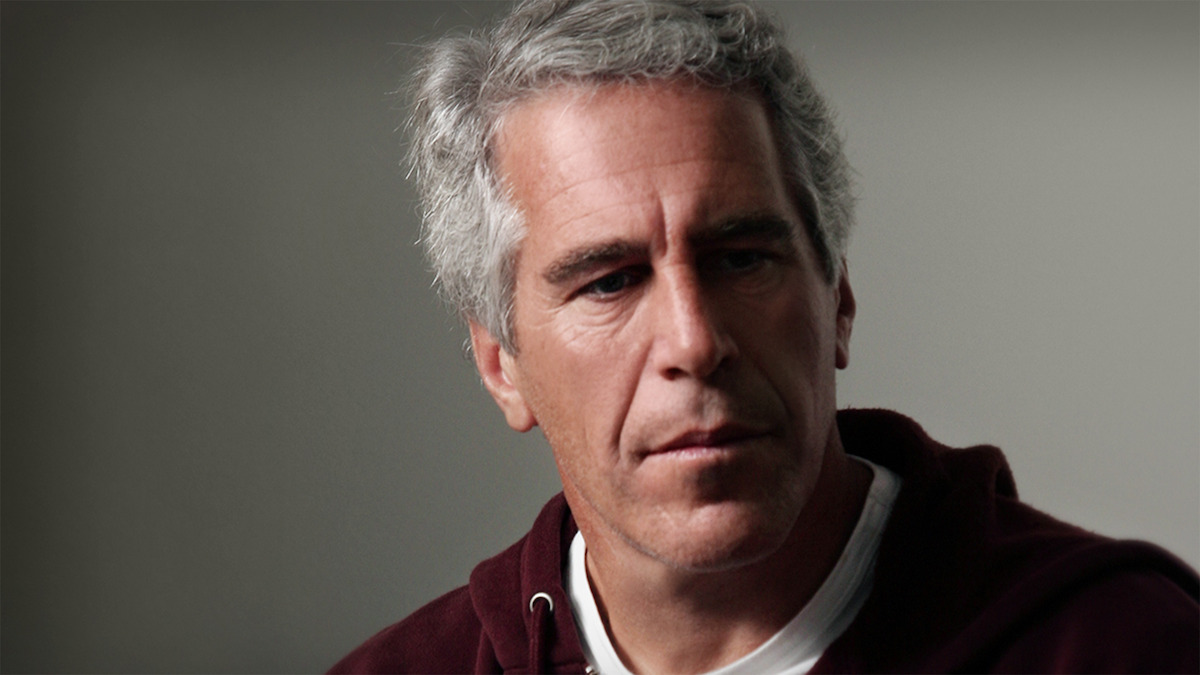In a stunning turn of events that has sent shockwaves through Washington and beyond, FBI Deputy Director Dan Bongino has dropped a bombshell in the long-simmering Jeffrey Epstein scandal. On August 23, 2025, Bongino, a prominent figure in the Trump administration, took to social media with a cryptic yet explosive message, hinting at revelations that could upend the political and social order. Claiming the truth about Epstein’s network of powerful associates has been buried for years, Bongino has vowed to name names, promising an investigation that could shake the system to its core. This development marks a dramatic escalation in a saga that has captivated the public and fueled conspiracy theories since Epstein’s death in 2019.
A Scandal Reborn
The Jeffrey Epstein case has long been a lightning rod for speculation and outrage. The disgraced financier and convicted sex offender, who died in a Manhattan jail cell while awaiting trial on federal sex trafficking charges, left behind a trail of unanswered questions. Official reports concluded his death was a suicide, and a recent Justice Department memo in July 2025 reaffirmed that no “client list” or evidence of blackmail involving prominent figures existed. Yet, these findings have done little to quell the suspicions of many, particularly within conservative circles, who argue the government has concealed the full extent of Epstein’s crimes and connections.

Bongino, a former Secret Service agent turned podcaster before his appointment as FBI deputy director in 2025, has been a vocal skeptic of the official narrative. His recent statement suggests he has uncovered evidence that contradicts earlier claims, asserting that investigations have revealed matters that “shocked me down to my core.” This bold assertion comes amid internal tensions within the Trump administration, particularly following a heated clash with Attorney General Pam Bondi over the handling of Epstein-related files. Bongino’s willingness to challenge the establishment narrative has reignited debate about the depth of Epstein’s influence and the possibility of a cover-up.
Naming Names
What sets Bongino’s latest move apart is his promise to identify specific individuals implicated in the scandal. While details remain scarce, his cryptic posts on X hint at a roster of powerful figures—potentially including politicians, business tycoons, and celebrities—who may have been entangled in Epstein’s illicit activities. This approach marks a significant departure from the cautious stance of previous investigations, which prioritized protecting victims and maintaining legal boundaries over public disclosure.
The implications are seismic. If Bongino’s claims hold weight, the revelations could expose a network of elite figures who leveraged their status to evade accountability. The mention of “righteous and proper investigations” suggests he intends to proceed legally, but the lack of a clear timeline or specifics has left the public and media scrambling for answers. This ambiguity has only fueled speculation, with some pointing to Epstein’s well-documented associations with high-profile individuals as potential targets of Bongino’s probe.
A System on the Brink
The potential fallout from Bongino’s actions could destabilize the political landscape. The Epstein scandal has already strained trust in institutions like the FBI and Justice Department, with many accusing them of shielding the powerful. Bongino’s role as a Trump appointee adds another layer of complexity, as his findings could either bolster the administration’s “law and order” agenda or expose internal divisions. His earlier frustration with Bondi, who faced criticism for overpromising transparency, indicates a rift that may deepen as this investigation unfolds.

Critics argue that Bongino’s history of promoting conspiracy theories—such as questioning the official account of Epstein’s death—undermines his credibility. Yet, his position within the FBI gives his claims a weight that cannot be easily dismissed. The establishment narrative, which has leaned on the absence of a “client list” to close the case, is now under renewed scrutiny. If evidence emerges of buried truths, it could validate long-held suspicions and erode public faith in the justice system further.
The Public’s Reaction
The response on social media has been immediate and intense. Supporters hail Bongino as a truth-seeker willing to take on a corrupt elite, while detractors accuse him of grandstanding or pushing a political agenda. Influencers like Laura Loomer, who have long championed Epstein-related conspiracy theories, have amplified his message, calling for full transparency. Meanwhile, mainstream outlets are cautiously covering the story, awaiting concrete evidence to substantiate Bongino’s claims.
This polarization reflects a broader cultural divide. For years, the Epstein case has been a symbol of inequality, with many believing the rich and powerful operate above the law. Bongino’s pledge to uncover “the truth”—not “my truth” or “your truth”—resonates with those who feel the system has failed them. However, the lack of immediate proof leaves room for skepticism, and any misstep could damage his credibility and the FBI’s reputation.

What Lies Ahead
As of 10:44 AM on August 23, 2025, the investigation remains in its early stages. Bongino has promised an “honest and dignified effort,” but the path forward is fraught with challenges. Legal hurdles, political pressure, and the risk of retaliation from implicated figures could complicate the process. The administration’s response will also be critical—will Trump back Bongino’s crusade, or will he seek to contain the fallout to protect his allies?
The Epstein scandal, once thought to be fading into history, is now poised for a dramatic revival. Bongino’s willingness to name names could either expose a web of corruption or collapse under the weight of unverified claims. For now, the public watches with bated breath, as the possibility of a systemic shake-up hangs in the balance. This moment may define not just Bongino’s legacy, but the future of accountability in American governance.





